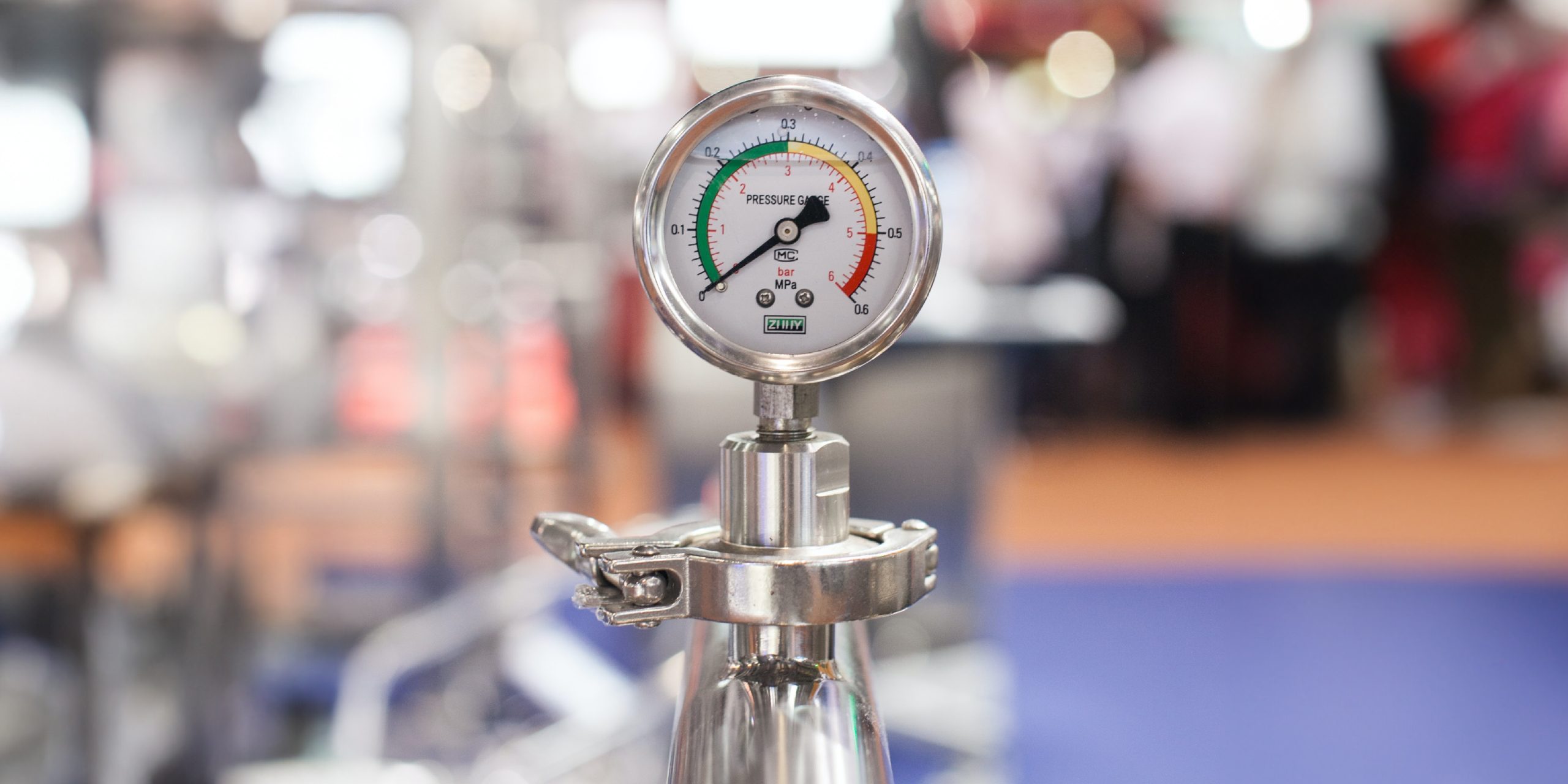Junior Lawyers at a Risk of Early Burnout Feb 8, 2022

In 2007 the University of Sydney Brain and Mind Research Institute published a paper Courting the Blues: attitudes towards depression, which surveyed nearly 2,500 Australian junior lawyers, solicitors, and barristers about their mental health. The results showed thirty-three per cent of lawyers and 20 per cent of barristers suffered from depression. Fast forward to 2022, we still see notable websites like Financial Times reported comments from a 33-year-old former lawyer saying, “I was suffering from chronic insomnia, constantly repeating my day in my head thinking what else I could have done,”
In today’s era, many lawyers have claimed that they suffered from panic attacks and severe stress due to ever-increasing workloads at an early stage of their careers, which was often associated with the boom in corporate dealmaking. The legal profession has known to be quite fulfilling by its nature. Still, it also comes down with a highly competitive culture and brutal working, often leading up to an early saturation.
Bloomberg Law’s survey on Attorney Workload hours for the first quarter of 2021 showed that only 44% of the respondents scored seven or higher towards job satisfaction compared to the previous quarter. The survey also showed that respondents suffered burnout for about 50% of their working time during the first quarter. 67% of the attorneys in their early years of practice reported that their well-being had worsened over the past quarter.
Usually, three factors combine to create an early burnout among junior lawyers:

Excessive Workload: One of the primary reasons behind such poor mental health was overwhelming work-related responsibilities which ultimately led to the inability to disconnect from work. Experts believe that this gradual build-up of poor mental health eventually leads to a lack of productivity, chronic insomnia, and the slow development of social anxiety.
Competitive Work Culture: Knowingly or unknowingly, the corporate world of law firms has been structuring their worth on their high levels of attrition. Due to their “up pr out” promotional culture and constantly working on heavy capital deals, over-hour working becomes a daily phenomenon for most lawyers.
Lack of Support: Strict hierarchies in law firms often force young layers to work overtime to collect a decent amount of billable hours, as this phenomenon frequently becomes the yardstick of their performance monitoring by their partners. This creates a hyper-focused mentality among many junior associates who often do not take breaks and access the stress relief resources available at their firms. Even if these young associates are fully self-aware of their mental health, most of them are never feel comfortable asking for time off for mental health reasons, as they think it would restrict their career progression.
Will a pay increase lower the burnout rates in junior lawyers?
Most of the surveys have shown that lawyers between 26-35 experience the highest burnout rate. When these young professionals are on the verge of quitting, they are offered a six-figure pay along with retention bonuses from their firms. The high stakes of capital investment coming from premium clients require most law firms to ensure their availability 24/7 for their clients. The dealmaking spree has been taking a toll on corporate teams, and to top that, the remote or hybrid working culture introduced by the pandemic of covid-19 has blurred the barrier between work and home life.

Today, many young associates have switched into survival mode while many question their future in this hectic profession. Even though firms are incentivising their employees for extra year-end bonuses on extra billing hours, quarterly surveys prove that high pay won’t be a sustainable way to retain the employees after a particular time. Moreover, as more and more youngsters are educating themselves about the importance of mental well-being, the legal industry’s future might witness lawyers opting out of partnership roles.
The future?
Experts believe that it’s about time firms start offering a better work-life balance for their employees. Even though firms are now taking initiatives -launching wellness schemes, and hiring burnout advisers to talk about related health issues, the systemic cultural problem of overworking to stay ahead has been a concern among many experts.
Sources
https://www.clio.com/blog/lawyer-burnout/
https://www.legalcheek.com/2021/12/lawyers-at-risk-of-burnout-breakdown-or-leaving-profession
